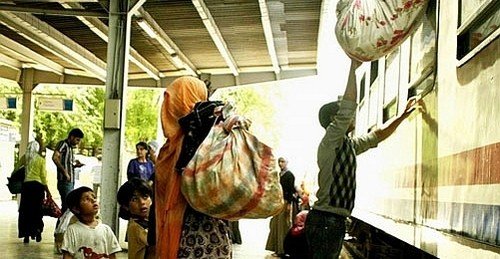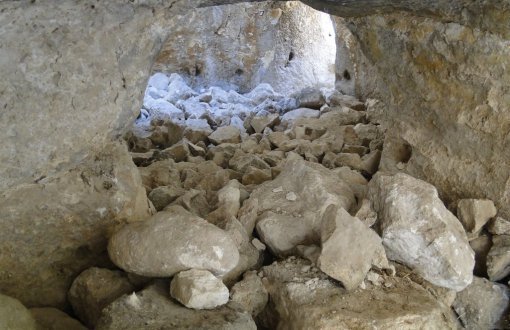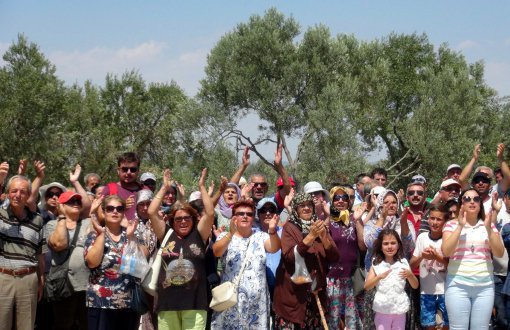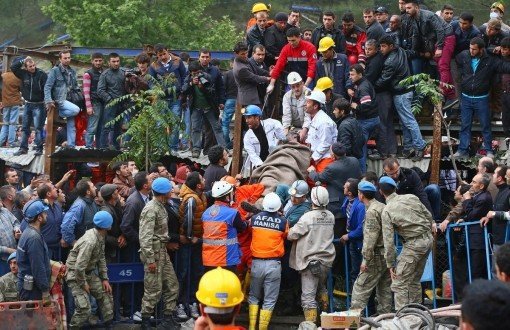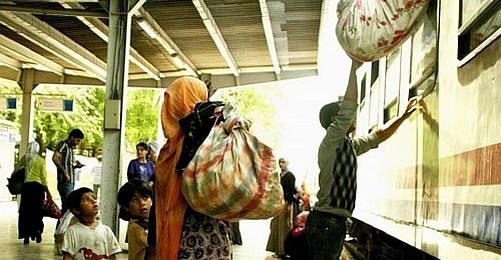
Several NGOs joined their forces to establish Marmara Migration Platform in order to ensure a healthy process for returns to villages, as well as raise the demands of displaced people.
Forced migrations, a 1990’s phenomenon in Turkey with the displacement of Kurdish people from their villages in the southeastern part of the country, has been brought to the public attentions both by Kurdish movement and current Turkish government.
Founded by several NGOs that have previously worked on the issue, Marmara Migration Watch Platform has been presented at a press conference in Cezayir Meeting Hall in downtown Istanbul.
The platform aims to provide orientation assistance for displaced people of all religious and ethnical origins, as well as help them to bring awareness those who were subjected to forced migrations. It also seeks to help them to seek their personal rights.
"3.5 million people displaced"
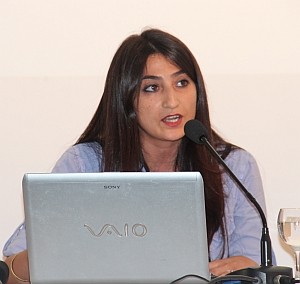
“Turkish governments have officially declared they caused the displacement of 401,328 people from 3,428 households. However, researchers estimate the toll around 3.5 million including forced migrations,” platform spokesperson Gülay Kılıçarslan said.
“Those displaced people have become the poorest segment of their new places. They have been devoid of their basic rights such as health, education, adequate nutrition. Forced migration have caused permanent traumas and social and economic issue especially on women and children.”
Repartition law not working
Kılıçarslan continued that several people were either unable to benefit or have inadequately benefitted from Return to Villages and Rehabilitation Law (KDRP) and Law 5233 on repartitions.
“People’s expectation have risen with the ongoing peace process,” Kılıçarslan said.
“Therefore, authorities must listen to its people and work on the return of violated rights and make repartitions.”
Demands
The platform listed its demands as follows:
"Removal of all obstacles against returns, ensuring of security upon returns, abolishment of village guard system, removal of land mines, repartitions, assessment of rural improvement plans and improvement of infrastructure in villages.”
No repartition upon “government did it” claims
Kılıçarslan said BDP contributed to the drafting of “Return to Ancient Homes Law” for that reason.
“We could only benefit from Law 5233 when we said our village was burnt down by PKK. Those who said the government burnt down their houses got no repartitions,” a dislocated woman said in the conference.
The platform has been composed by the following associations: Doğu ve Güneydoğu Dernekleri (DGD) Platformu, Eşit Haklar İçin İzleme Derneği (ESHİD) , Göç Edenler Sosyal Yardımlaşma ve Kültür Derneği (GÖÇ-DER), İnsan Hakları Derneği (İHD), Özgürlükçü Hukukçular Derneği (ÖHD) , Toplum ve Hukuk Araştırmaları Vakfı (TOHAV) (NV/BM)
* Click here to read the original article in Turkish.





